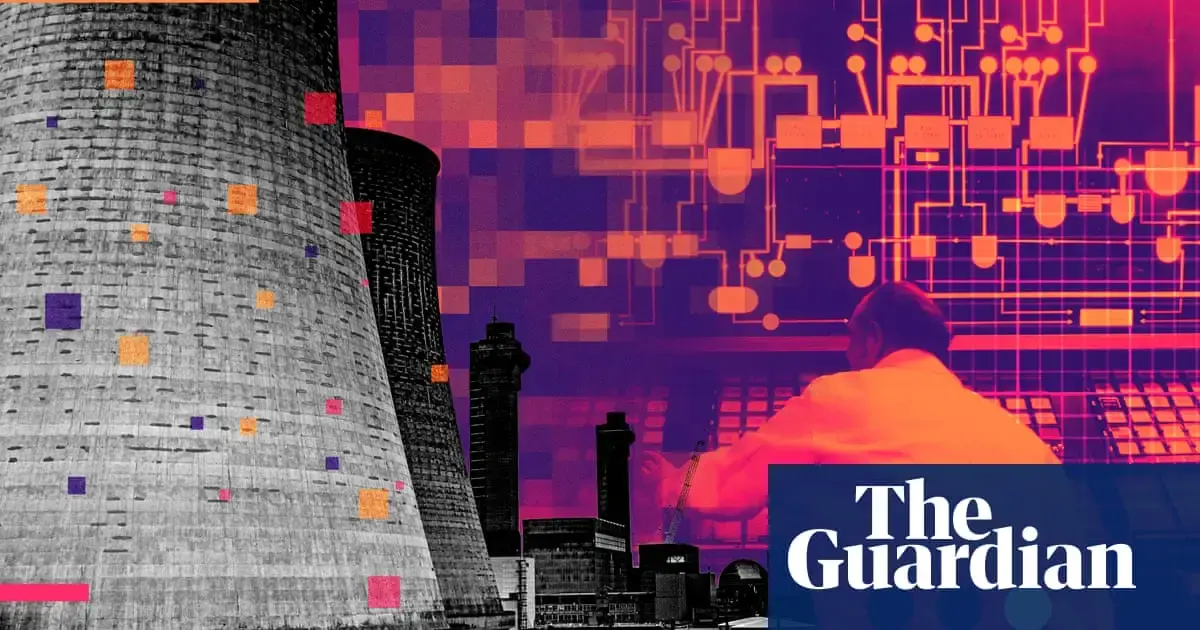- cross-posted to:
- world@lemmy.world
- cross-posted to:
- world@lemmy.world
But sources said breaches were first detected as far back as 2015, when experts realised sleeper malware – software that can lurk and be used to spy or attack systems – had been embedded in Sellafield’s computer networks.
The site has the largest store of plutonium on the planet and is a sprawling rubbish dump for nuclear waste from weapons programmes and decades of atomic power generation.
Guarded by armed police, it also holds emergency planning documents to be used should the UK come under foreign attack or face disaster.
🤖 I’m a bot that provides automatic summaries for articles:
Click here to see the summary
The Guardian can also disclose that Sellafield, which has more than 11,000 staff, was last year placed into a form of “special measures” for consistent failings on cybersecurity, according to sources at the Office for Nuclear Regulation (ONR) and the security services.
The problem of insecure servers at Sellafield was nicknamed Voldemort after the Harry Potter villain, according to a government official familiar with the ONR investigation and IT failings at the site, because it was so sensitive and dangerous.
Cyber problems have been known by senior figures at the nuclear site for at least a decade, according to a report dated from 2012, seen by the Guardian, which warned there were “critical security vulnerabilities” that needed to be addressed urgently.
Such is the scale of cybersecurity concern, some officials believe entire new systems should be urgently built at Sellafield’s nearby emergency control centre – a separate secure facility.
The UK’s cyber wing of GCHQ, which has offices in central London and is part of the domestic intelligence network with headquarters in Cheltenham in Gloucestershire, has warned of a heightened risk of cyber-attack on critical national infrastructure from Russia and China.
That has reversed a spell of close Anglo-Sino relations, which culminated in the then prime minister, David Cameron, hailing a “golden era” between the countries and drinking beer with the Chinese premier, Xi Jinping, in a Buckinghamshire pub in 2015.
Saved 86% of original text.



